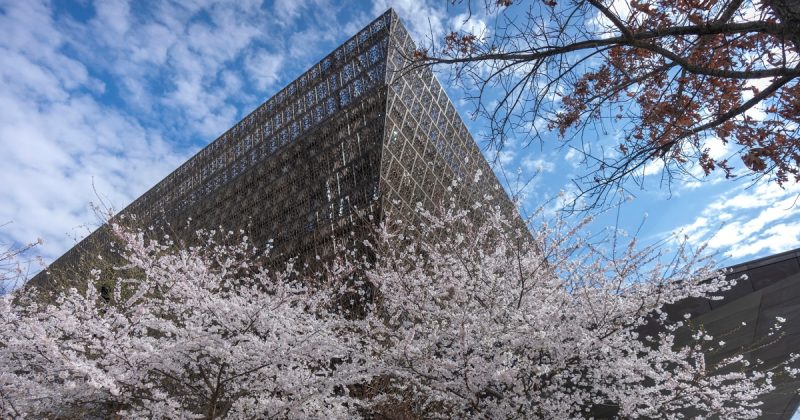
A controversy is brewing at the National Museum of African American History and Culture (NMAAHC) in Washington D.C. Reverend Amos C. Brown, a prominent Civil Rights activist and pastor, has revealed that the Smithsonian Institution, which oversees the museum, has notified him that items he loaned are being considered for return. Among the items are a rare 1880 edition of “The History of the Negro Race in America” by George Washington Williams, and a Bible carried by Rev. Brown during protests alongside Dr. Martin Luther King Jr. These artifacts have been on display since the museum’s opening nearly a decade ago.
Initially, the Smithsonian cited concerns about the preservation of the items due to museum lighting. However, Rev. Brown expressed skepticism, viewing this explanation as a weak justification. Subsequent communication from a different Smithsonian official indicated that a panel will review the artifacts’ placement, suggesting a broader review of the museum’s collections. This revelation follows President Trump’s recent executive order aimed at “Restoring Truth and Sanity to American History,” which raised concerns about potential political interference and the removal of exhibits deemed objectionable by the administration. The Smithsonian has denied any removals beyond standard loan agreements or museum practices.
The White House has not commented on the situation, but the threat of changes to the NMAAHC has ignited a firestorm of protest. Democratic lawmakers, historians, civil rights leaders, and education advocates have expressed their outrage and are planning demonstrations in support of the museum. House Minority Leader Hakeem Jeffries even likened the executive order to actions of authoritarian regimes, while Congressman Jonathan Jackson emphasized the importance of preserving a complete and accurate account of American history, including the contributions and struggles of African Americans.
Rev. Brown, who has previously enjoyed a positive relationship with the Smithsonian, expressed his disappointment with the lack of transparency surrounding the changes. He called for respect, truth, and justice in addressing the situation, echoing the sentiments of Dr. King and emphasizing the need for unity and understanding. The upcoming meeting between Rev. Brown and senior Smithsonian leadership is eagerly awaited, as it may shed further light on the motivations behind this decision and the future of the museum’s collections.
The Smithsonian’s statement maintains that the return of loaned artifacts is routine and in line with standard preservation practices. However, the timing and context of the announcements, coupled with President Trump’s executive order, have fueled widespread apprehension and sparked significant public outcry. The situation underscores a larger debate about the representation of history in American museums and the potential for political influence on cultural institutions.










